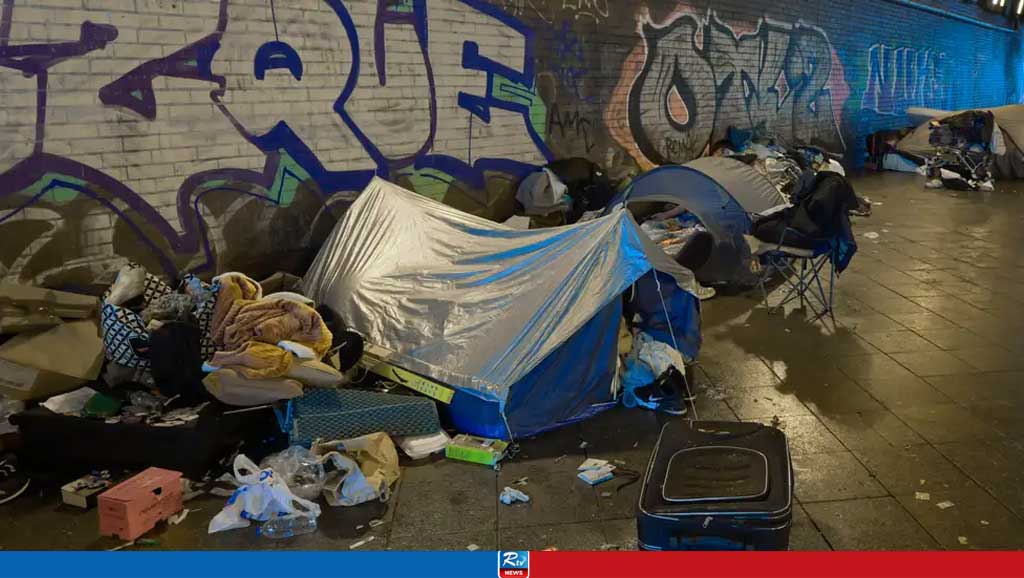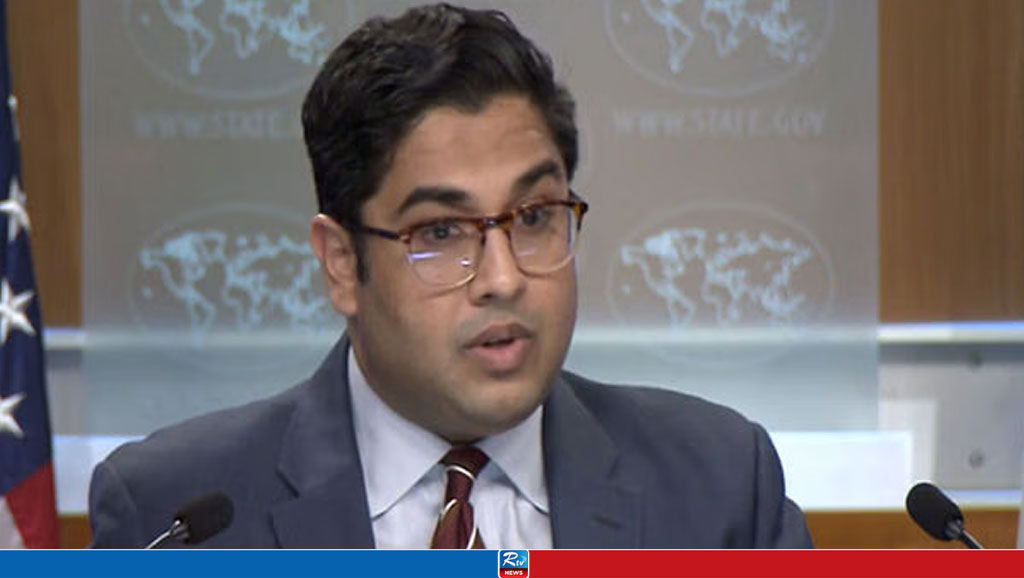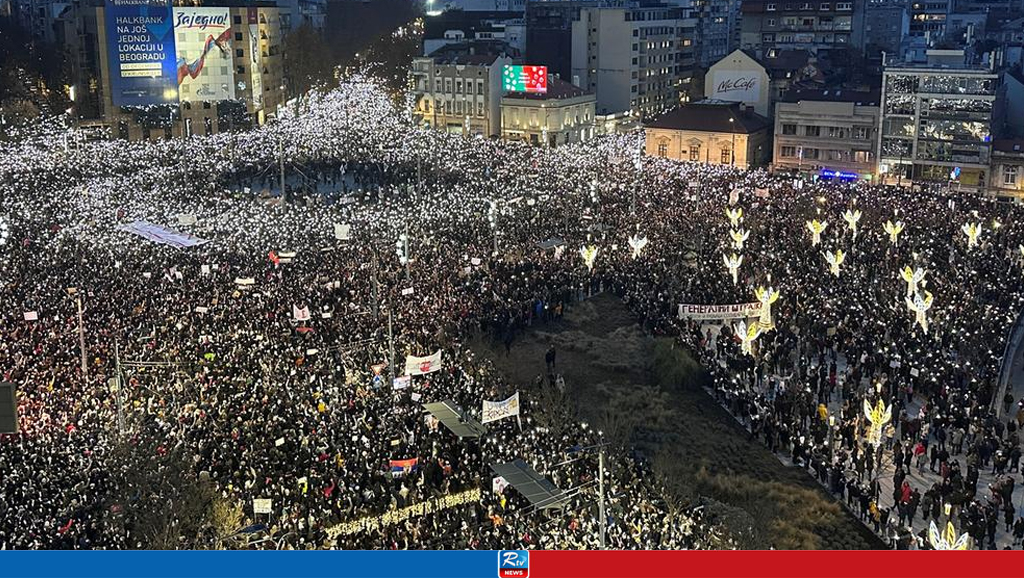The rivers and canals that meander through Hemudu in southeastern China are a vital source of life and community — they provide income for fishermen, an after-school hangout spot for kids, and define the town’s landscape. But when it rains, those waterways become a liability.
"This area floods every year,” says Zheng, a long-time resident who lives less than a mile away from a river. Over the past decade and a half, Zheng has seen floodwater repeatedly threaten the ground-floor grocery store that he runs and his home above. But with his income "barely enough to make ends meet” and a grandson to look after, the 60-year-old says relocation isn’t an option.
He’s tried but failed to insure his property. "Insurance companies turned us down because they said they'd have no chance to make money,” says Zheng, who asked not to be identified by his full name for fear of reprisal. "No one would take such a risk.”
Zheng is one of hundreds of millions of Chinese citizens whose homes and livelihoods have grown more precarious on a rapidly warming planet. Of the 20 most climate-vulnerable regions, 16 are on Chinese soil. Yet the world’s second-largest economy is among the least insured. Only about 10% of Chinese families have a home insurance policy, according to industry estimates. That figure is nearly 90% in the U.S.
China’s government knows it has to do something about that gap, which Swiss Re AG estimates amounted to $273 billion in uninsured losses over the last decade. Officials first started seriously discussing the need to build an insurance system after the devastating 2008 Sichuan earthquake killed almost 90,000 people and cost an estimated 845 billion yuan ($116 billion). But uptake has been slow, and now climate change is making insurance increasingly unattainable all over the world.
Part of the problem is cultural. Many Chinese people have traditionally relied on the government and family members in times of trouble, rather than market-based financial products. "Insurance as a service has not been widely accepted in China,” says Tian Ling, a professor at Wuhan University’s Economics and Management School. "If it’s up to Chinese individuals, very few people would buy catastrophe insurance. That leaves the government no choice but to purchase it for their citizens.”
As China’s government faces pressure from the public to show it’s taking steps to protect people from more extreme weather, the nation’s top-down economic management style is colliding with an insurance industry upended by global warming. Officials have started buying policies that cover entire cities and provinces. But local authorities are short on cash, meaning the coverage they can afford is far from what’s needed, even as rising climate risks cause premiums to surge. The decade-long initiative, instead, risks downplaying how exposed people really are and could even backfire by making it harder to unlock national funds in times of crisis, since these regions are ostensibly covered by the private market.
In 2014, the government of Ningbo, which oversees Hemudu, stepped in to buy citywide catastrophe insurance to cover residents like Zheng. A typhoon had wreaked havoc on the city the year before, prompting thousands of people to protest what they saw as insufficient disaster relief. It was one of the first experiments in what would eventually become a nationwide trial covering tens of millions of people in 74 cities and 15 provinces.
Unlike Zheng’s failed attempt to buy his own coverage, insurers found the Ningbo government was a client they couldn’t refuse. Participating providers have lowered their prices so the government can afford it because the program is too important to fail, according to people familiar with the arrangement who requested anonymity to discuss private details. Ningbo officials secured a discount of several million yuan on the annual premium for the three-year policy signed in 2021, one of the people said, even though the initial, higher price was based on the city’s growing climate risks calculated using scientific models.
Catastrophe insurance is not a lucrative business in Ningbo, according to an executive at PICC Property and Casualty, a top Chinese insurer that has been part of the program since 2014. "We are not after financial returns,” the executive said, asking not to be identified because they’re not authorized to speak to the media. When it comes to serving the government, "the political consideration outweighs anything else.”
The Ningbo government and PICC did not respond to questions about the catastrophe insurance program.
There is a potential risk for foreign investors backing the Chinese insurers that have been drawn into the programs. PICC has insured catastrophe risks for other provinces including Hebei, Sichuan and Zhejiang. China Life Insurance, Asia’s biggest insurer, has sold policies to Henan’s government and Ping An Insurance Group of China Ltd. is among those supporting the technology hub Shenzhen. All three companies are listed on the Hong Kong Stock Exchange. Citigroup and BlackRock, for example, hold 11% and 6% of PICC’s shares, respectively, according to data compiled by Bloomberg.
Chinese insurers don’t publish detailed profit breakdowns to establish how much these government deals have affected their bottom lines. But their experience in Ningbo in 2015 gives some indication. A consortium led by PICC lost about 56 million yuan due to a string of calamities that year, according to a 2022 analysis done by the insurer, Ningbo University and the local government. The disasters put the program "at risk of bankruptcy,” the authors noted, and "sounded an alarm about its future liabilities.” Yet a growing number of local authorities have struck similar deals with insurers, covering longer periods of time.
Wang He, chair of the China Association of Actuaries, has spent years studying the country’s catastrophe insurance problem. The ongoing local trials aren’t sustainable without broader publicly funded mechanisms to support communities after disaster, he says. "Catastrophe risk management falls within the realm of public management,” says Wang. A lack of understanding of that "public nature” in China has led to "a simplistic approach of delegating the job to the insurance industry, which is ill-equipped to shoulder the entire responsibility."
Without a wider protection system, flood victims like Zheng don’t have much recourse. In 2015, after Ningbo started its catastrophe insurance program, the shopkeeper received the first payout of his life. It was 1,000 yuan ($140), even though the water destroyed thousands of yuan worth of bottled water, snacks and everyday essentials such as toothbrushes that he could no longer sell.
Located about 150 miles south of Shanghai, Ningbo is a land of historic relics and modern skyscrapers. The 7,000-year-old city owes much of its prosperity to the East China Sea, which once helped Ningbo carve out a spot on the ancient Silk Road and continues to make it a vital trading hub. But the bustling coastal region is also a magnet for natural disasters. The city, home to nearly 10 million people, has been battered by more than 40 storms over the last two decades.
While that first payout in 2015 left the insurers who sold the policy in deficit, the government was pleased with the 78 million yuan its residents received. It was almost twice what the government had spent on premiums. The apparent success convinced officials to turn the one-year pilot into a three-year deal. It also turned Ningbo into a shining example of how to deploy catastrophe insurance. Bureaucrats from all over China flocked to the city to learn how to replicate the program at home.
But local governments across the country face the same dilemma as Ningbo. They’re trillions of yuan in debt and grappling with an economic slowdown that's seen China's government add a sweeping package of stimulus measures. There isn’t enough cash to dole out when disaster strikes; even investing in insurance policies can be a stretch. In 2021, when record rain battered Henan province in central China, killing nearly 400 people, relief spending ballooned to 100 million yuan in a matter of days. China said last year that it would issue 1 trillion yuan in special Treasury bonds to raise funds for future calamities.
The central government typically allocates relief funds after an area is hit by destructive weather, but how much trickles down to individual households depends on how local authorities decide the money should be spent. China’s top leaders signalled this month that the nation will increase public borrowing and spending in 2025, but officials have so far been reluctant to directly hand out cash or significantly widen the social safety net. President Xi Jinping has warned against falling into a trap of "welfare” or "feeding lazy people.”
All that makes catastrophe insurance an appealing solution. Still, the policies are pricey because they guard against extreme risks, and premiums are quickly rising as reinsurers brace for higher climate damages. The World Bank estimates that China will lose as much as 2.3% of its economic output to weather perils made worse by global warming by the end of this decade.
The Ningbo Model — as the insurance program was dubbed by the Communist Party mouthpiece People’s Daily — has been held up as a win-win answer because it enlists the private sector to lessen the financial burden on the state and payments are quicker without having to deal with government red tape. But it also has some less appealing characteristics. Unlike traditional insurance, where payouts are commensurate with actual losses, Ningbo has a "parametric insurance” policy that only delivers compensation when certain thresholds are hit. A home inundated with, say, 7 inches of water might not meet the requirement for a payout if the trigger requires floodwaters to reach 7.8 inches.
There’s also a cap on each payment. If their house collapses, a family only stands to receive a maximum payout of 10,000 yuan in a given year. An average house in Ningbo is worth 23,000 yuan per square meter. Since the program started, eligible households have received under 660 yuan each, on average, less than 1% of the annual disposable income of the city’s residents.
The insurers behind Ningbo’s program have gradually raised the upper limit for payouts, but how far they can go comes back to how much the government can afford in premiums. Ningbo is home to China’s second-busiest cargo port and a petrochemical industry worth $72 billion, helping it to weather China’s economic woes better than many of its neighbours. Even so, local officials rejected an informal proposal to turn its current three-year policy into a five-year arrangement, due in large part to concerns over the government’s ability to commit to the program long-term, according to one of the people familiar with the deal.
In recent years, the government has also added clauses to the policy that likely wouldn’t pass muster in the West. Starting in 2021, participating insurers are required to channel a chunk of their underwriting profits to Ningbo’s disaster relief fund if the city avoids major damages during their time of service. That, together with the push to raise compensation levels, has forced the insurers to operate on razor-thin margins, even in good years.
The practice is "not widely used in commercial markets,” says Christopher Au, climate practice lead for Asia Pacific at insurance broker WTW. But because insurers can tap the relief fund under some circumstances if payouts exceed what they’ve collected in premiums, Au says the arrangement can also potentially help spread out their risk and reduce the volatility of profits and losses from year to year.
To keep climate-induced losses at bay, Ningbo has improved its early-warning system for typhoons and moved some residents out of floodplains.
But the insurance program remains a cosmetic addition to the city’s arsenal of protection measures. All told it offers a maximum coverage of 500 million yuan per year for natural catastrophes. A 2022 study published in Nature estimates that climate change will increase the frequency of super typhoons in Zhejiang province, where Ningbo sits, causing damages as high as 36 billion yuan, on average, every eight years by the end of the century.
The intention was always for government-funded insurance to eventually translate into a more robust private market. In theory, as beneficiaries of the public program grew more familiar with the idea of insurance, they would start buying policies of their own. Yet less than 40% of Ningbo residents surveyed for the 2022 analysis expressed interest in purchasing their own catastrophe insurance.
Local governments will likely remain the driving force behind any catastrophe insurance in China for the coming years, says Wang Xujin, executive director of the Insurance Society of China, an industry group. One way to keep premiums manageable for local governments is to scale up the program across the country, spreading risk over vast areas with different climate risks.
That’s easier said than done. For one, some poorer local governments simply don’t have the resources to spare. It will also be extremely difficult to convince officials in lower-risk areas to split the bill with those that are more highly exposed, he says.
There have been attempts within the central government to set up a national catastrophe insurance program, says Wuhan University’s Tian. But none of the talks have borne fruit. "The discussions always circle back to one issue,” she says. "Who pays?”
Wang He, from the China Association of Actuaries, says he’s concluded there’s only one solution. China needs to build a "new national system” that establishes a disaster relief fund for the whole country financed by the central government and other financial instruments such as catastrophe bonds.
Until then, Chinese officials are eager to point to the growing insurance program as evidence that they’re taking action. Ningbo’s government has touted it as a "shock absorber” for the economy that will help boost social stability. In Shiqiao, a canal-side suburb of Ningbo, a tailor surnamed Lin is mollified that the state is at least trying to do something about the constant flooding.
Like Zheng, she also received an insurance payout of 1,000 yuan after waist-deep water inundated her home in 2022 and soaked a stockpile of new solar-powered water heaters she had planned to sell. "The 1,000 yuan is far from enough to cover my losses,” she says. "But it’s better than nothing.”
Source: Bloomberg









 Live Tv
Live Tv




